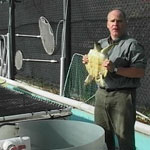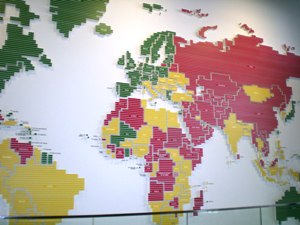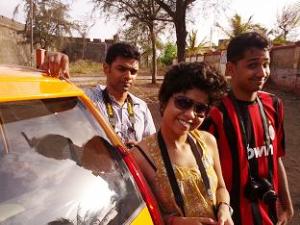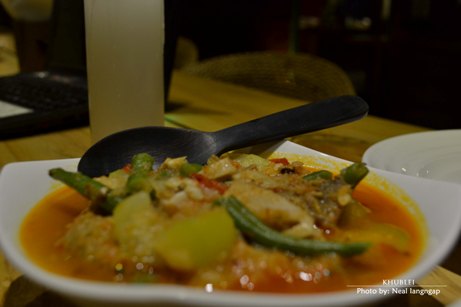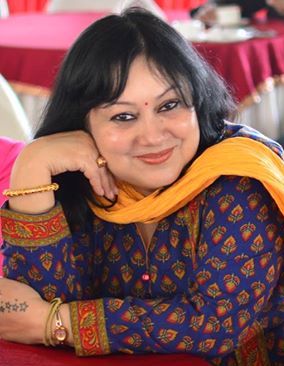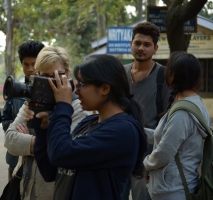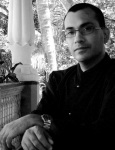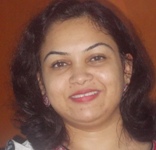Once more, Assam burns. Once more, the sky is filled with the anguished wails of those who have lost everything they hold dear. Once more, little children are wounded, killed. Once more, innocence has been betrayed.
What is it about this state of Assam that has us in the thrall of repeated waves of increasingly brutalizing violence? It has become endemic, this carnage, even while levels of savagery and inhumanity rise with every such surge. Yes of course, there are different hues to the various waves. If one wave is triggered by a particular incident, another terrible set of incidents takes place between different groups of people. If a third wave takes place in one section of our State, another takes place in another, totally different section.
Our political analysts, our talking heads immediately get busy as soon as something like this happens. What triggered it, what is the headcount of the dead, what is the past history of violence in this land? And so on and so forth. Nobody mentions the sheer horror of it all, the sheer tragedy, the waste, in terms of human lives, emotions, traumas and feelings. Immediately, old problems are raked up, even though these acts may have nothing to do with those old problems. There are people, mostly living outside this state, who actually believe that “things are better now in Assam.” Why? Because, they tell us, the headcount of the dead has gone down from what it was a couple of decades ago.
Is life, then, to be measured in terms of headcounts only? What about the unmeasurable things that take place simultaneously? What about the fabric of a society that has been irrevocably torn through acts of this kind? What about the sufferings, the anguish, the agony of those who survive, and who have to continue to live, even though they would rather die?
Most of these terrible things that are happening around us are endemic. This is because we lack the will, as a society, to face up to certain truths that stare us in the face. We conjure up old bogies, even though we know that it is not as easy as pointing fingers at old enemies, and then forgetting all about it. Till the next wave of violence is upon us again. This, even though we know that there are many layers, many complexities in any given situation in our land today.
Besides, we are totally inefficient when it comes to solving problems. Otherwise, why do these same problems surface like hydra headed monsters, ever so often? The only difference is the increasing virulence of the acts of violence. We take black and white positions, and are surprised when, after ignoring the many layers of reality in the conflict, nothing is solved. In Western Assam, for instance, there is much more to the conflict than the presence of “so-called Bangladeshi infiltrators out to grab land.” This is an area that has suffered much during and after partition, though it has largely been ignored by documented partition history and even partition stories. It has also been left behind very badly as far as economic growth is concerned. To set out the terms of the current conflict in the tired rhetoric of “illegal immigrants” therefore, is to ignore the many other important strands in the historical, social, cultural, political, linguistic and religious fabric of the land. Certainly, illegal immigration is one strand. But to overlook the others will be to ignore the current realities that make up the overall fabric of the region.
One of the problems in our mindsets is also that we politicize everything. By doing so, we deliberately blank out many other important issues. One of the biggest is corruption. What happens, then, to all the money that pours into a region in the name of rehabilitation? Where does it go? The general people in these areas of endemic violence, no matter what creed or community they belong to, live at poverty level. Who, then, is benefiting from all this money coming in?
Politicians, too, are not lagging behind in making whatever capital they can out of these tragedies . One of the ugliest sights in this world must be that of these people pointing accusing fingers at those in opposite political camps. The victims are ignored, the actual problems are left unaddressed. Especially now, since we are in the middle of elections. The shrill voices of politicians always drown out the helpless whimpers of the dying, and the anguish of the survivors.
Another point that has one wondering here is, whatever happened to the concepts of good policing, and maintaining law and order ? In these sensitive areas, the law and order mechanism must be a finely oiled machine that can nip troubles in the bud, and prevent them from escalating. To the failed police presence must go the greatest portion of the blame in these cases, but then blaming them alone will not bring the dead back to life, the breadwinner to the family, a parent to a child, or a baby to a mother. If at all some little good can be gathered from these horrific incidents, it should be that our policing has to become better, and more efficient. That should be one of the key lessons to be learnt now.
Another horrifying thing about our reactions to bloodshed is that we seem to have lost our humanity. We react according to our ethnic and religious identities, not as fellow humans who should, at the very least feel horror at what has happened, no matter what community the victims belong to. Some of us even try to “justify” the carnage, pointing out to the wrongs that have been perpetrated on the agents of death in the past.
Even to write, in what one hopes is a voice of neutrality and humanism, appears, in the eyes of our fellows, to be a political act. To write about the violence around is to “take a position” in the eyes of many of our compatriots , even though “taking a position” may be the furthest thing from a writer’s mind. It is assumed that if a writer, or a speaker, an ordinary citizen, is from a particular community or creed, her sympathies will lie with that community, no matter what. We have come to such a pass in our conflict-ridden land that one is often forced to take positions, even though one may only wish for solutions, and an end to strife. Dissent was never looked at kindly in our society, from the days of the Assam Agitation, onwards. The binary of “Either you agree with what we are saying or else you are a traitor to Assam” is very much in force, even today.
Strong codes of political correctness do not allow people to speak up on certain things that are obvious to all. The fact that guns and arms are freely available in these areas of conflict is known, yet only now is it being spoken of, that too in lowered tones.
Yes, there are problems. Of course there are. One would have to be a fool live in this land, and not know it. But massacring people is not the solution. Are we not yet civilized enough to sort them out through discussions and dialogue? It seems amazing that there are many who fail to realize even now, decades after violence became “routine” in our land, that conflict is a zero sum game, with no winners, except for those who directly benefit from acts of violence. Unless there is peace, there can be no prosperity, economic, cultural, social, even moral, for violence debases human values in fundamental ways.
Meanwhile, the blood soaked land groans helplessly. Children grow up thinking that these kinds of carnage and unspeakable acts of violence are normal. People speak in whispers again, looking over their shoulders in fear even as they try to go about their daily lives. Society, already polarised, shatters into ever-smaller shards. And humans, across communities, lose all sense of humanity.
When will my land see peace, at last?








